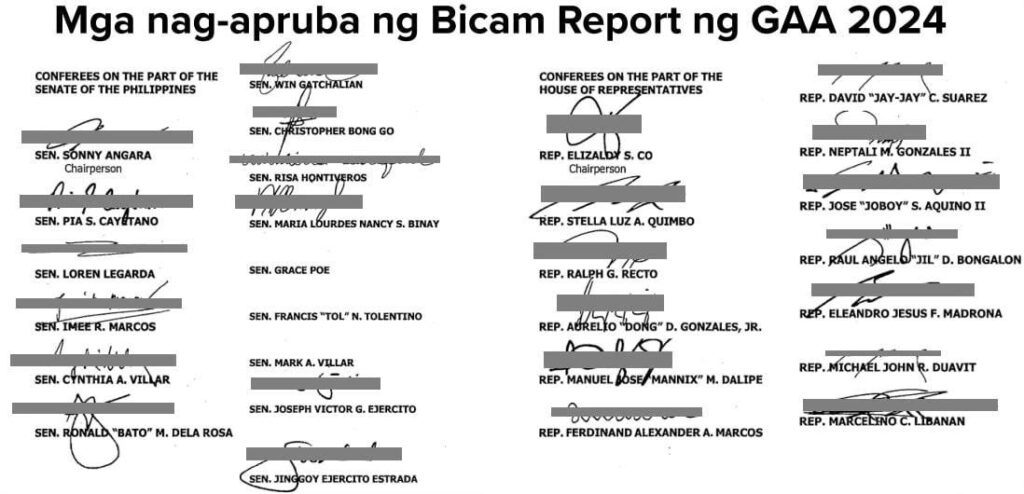In many major malls nationwide, we’re still lining up at a single payment counter just to exit a parking lot. Some even enforce a “no cashier at exit” policy — yet fail to provide the infrastructure or technology to make it efficient. The result? Long queues, traffic pile-ups inside parking buildings, and frustrated motorists wasting time.
Now, in contrast to Singapore, where this problem was solved many years ago,
There, every vehicle is equipped with an On-Board Unit (OBU) — a small device linked to a digital wallet or bank account. As soon as a car enters a tollway or parking facility, payment is automatically deducted. No tickets, no delays, no broken QR codes.
It works because their government leads. They set digital standards, enforce compliance, and don’t allow private entities to compromise public convenience.
Meanwhile, in the Philippines, almost all malls — regardless of size or prestige — are still owned and run by the same old oligarch families. Despite their billions, they have repeatedly failed to modernize even the most basic services like parking and transport access. It’s not because they can’t — it’s because they don’t have to.
There’s no national mandate, no strict digital integration policy, and no government pressure on the private sector to improve. So they don’t. They just keep collecting profits while passing all the inconvenience to the consumer.
And even when we try to go digital? Just look at our RFID mess.
Many Filipino drivers preload their RFID accounts only to be stopped at toll booths because the tag “wasn’t detected.” Barriers fail to lift, systems fail to sync, and multiple incompatible RFID providers make the process even worse. Why is there no universal system?
Because the government left it up to the private sector, with zero central regulation. The result: a fragmented, unreliable, and often useless digital transport system.
This is what happens when modernization becomes a PR buzzword rather than a policy directive.
In truth, the problem isn’t just one mall or one system.
It’s an entire country paralyzed by a government too weak to demand better, and a business elite too powerful to care. We remain stuck in time — because no one with power is forced to change.
If the private sector won’t move, the government should lead. But here, our officials are either silent, compromised, or completely clueless. So we end up adjusting — as always — to the brokenness, the delays, and the incompetence.
Cashless? Digital-first? Seamless integration?
In the Philippines, those are just nice words in a conference deck or a PowerPoint Presentation in a Government office somewhere (probably the DICT) in which the officials don’t even have the slightest idea what the first step should be.
But on the ground? It’s still long lines, frustrated drivers, and another wasted hour or even a few hours in the parking lot.
Of course we have to keep thanking the DICT. Almost 4 years into the BBM Administration this totally incompetent and useless Department still hasn’t done anything noteworthy that’s helped those who are paying the taxes that keeps these useless officials in office.
————————————
Rafael “Raffy” Gutierrez is a veteran Technology Trainer with over 25 years of experience in networking, systems design, and diverse computer technologies.




